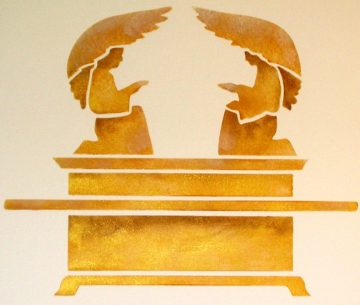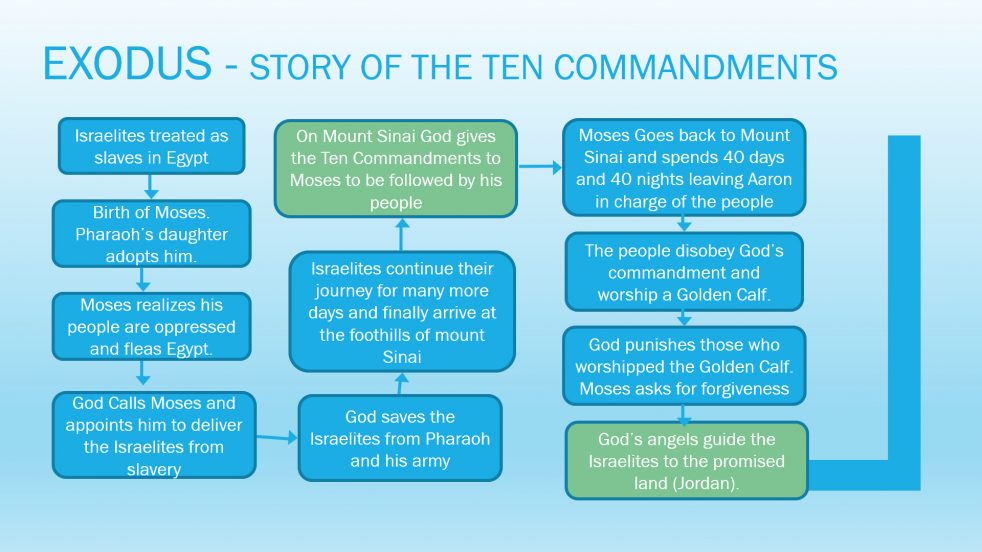Session summary for June 3 – The Ten Commandments
We started the session with this task:
Come up with 2-4 laws that people are expected to follow everyday
Your responses were these:
Don’t break the curfew
No loitering
Have your license
Don’t run red lights
Don’t steal
Don’t text and drive
No drinking while driving
Don’t harm others
No public nudity
No killing
You need a permit to run a business
No speeding
Lots of responses!
Thinking about the laws that came to mind, what are your thoughts on these questions:
Was it easy to come up with the laws people are expected to follow?
Why do we have laws?
How would you feel if someone told you that you could follow these laws exactly and still be breaking them at the same time?
Your responses included:
To keep people safe
To protect everyone in society
To keep order
Plus: laws help us and guide us to behave in a moral way
We have laws that are established by our government and civil leaders. Sometimes there are rules and laws within organizations or groups.
Today, we will be talking about the laws given to us by the highest authority …
The Ten Commandments
The “Origin Story” of the Ten Commandments appears in the second book of the Bible, the Book of Exodus
The Ten Commandments may already be familiar to you. Here they are:
1. I am the LORD your God: you shall not have strange gods before me.
2. You shall not take the name of the LORD your God in vain.
3. Remember to keep holy the LORD’S Day.
4. Honor your father and your mother.
5. You shall not kill.
6. You shall not commit adultery.
7. You shall not steal.
8. You shall not bear false witness against your neighbor.
9. You shall not covet your neighbor’s wife.
10. You shall not covet your neighbor’s goods..
Watch the video from Bishop Barron to help you apply the Ten Commandments to your everyday life …
This is kind of like being in college, listening to a seminar given by a professor who knows his stuff!
Why the Ten Commandments?
1. God revealed these covenants to us so that God can help us live moral lives. (With clear conscience)
2. The ultimate significance of the commandments is to join the people to God in a binding covenantal relationship (Gives us an identity as God’s people)
3. Following these observances establishes a pattern of life that characterizes the lives of believers and how we relate to others.
Were it not for the Ten Commandments, we would not know right from wrong.
– Abraham Lincoln
Homework for next time (June 17)
Think about each of the 10 Commandments and how they relate to your life right now …
Be ready to share with the class how one of the commandments relates to your life
Before you leave this page, don’t forget to fill out a response to the question listed below 🙂



